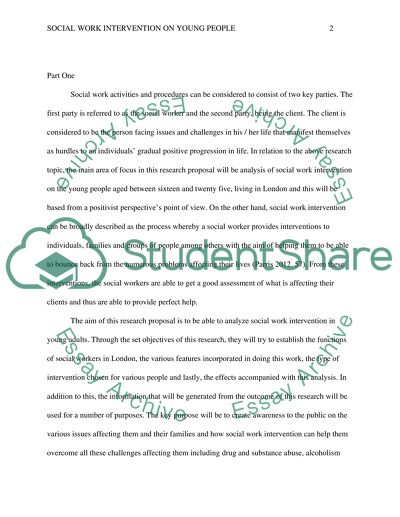Cite this document
(Social Work Intervention on Young People Research Proposal, n.d.)
Social Work Intervention on Young People Research Proposal. https://studentshare.org/social-science/1610146-how-does-social-work-intervention-on-young-people-in-london-is-analysed-from-a-positivist-perspective
Social Work Intervention on Young People Research Proposal. https://studentshare.org/social-science/1610146-how-does-social-work-intervention-on-young-people-in-london-is-analysed-from-a-positivist-perspective
(Social Work Intervention on Young People Research Proposal)
Social Work Intervention on Young People Research Proposal. https://studentshare.org/social-science/1610146-how-does-social-work-intervention-on-young-people-in-london-is-analysed-from-a-positivist-perspective.
Social Work Intervention on Young People Research Proposal. https://studentshare.org/social-science/1610146-how-does-social-work-intervention-on-young-people-in-london-is-analysed-from-a-positivist-perspective.
“Social Work Intervention on Young People Research Proposal”. https://studentshare.org/social-science/1610146-how-does-social-work-intervention-on-young-people-in-london-is-analysed-from-a-positivist-perspective.


